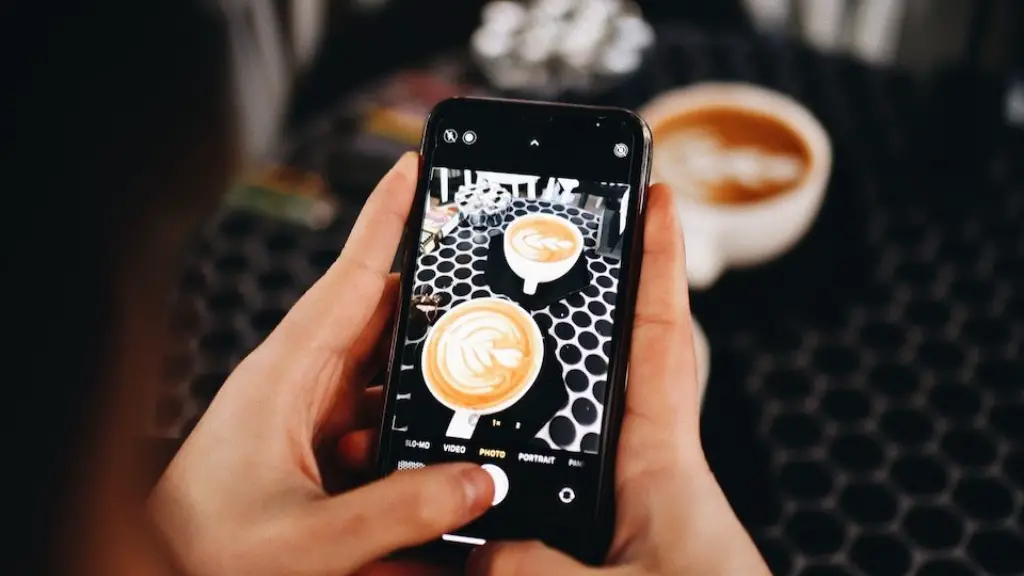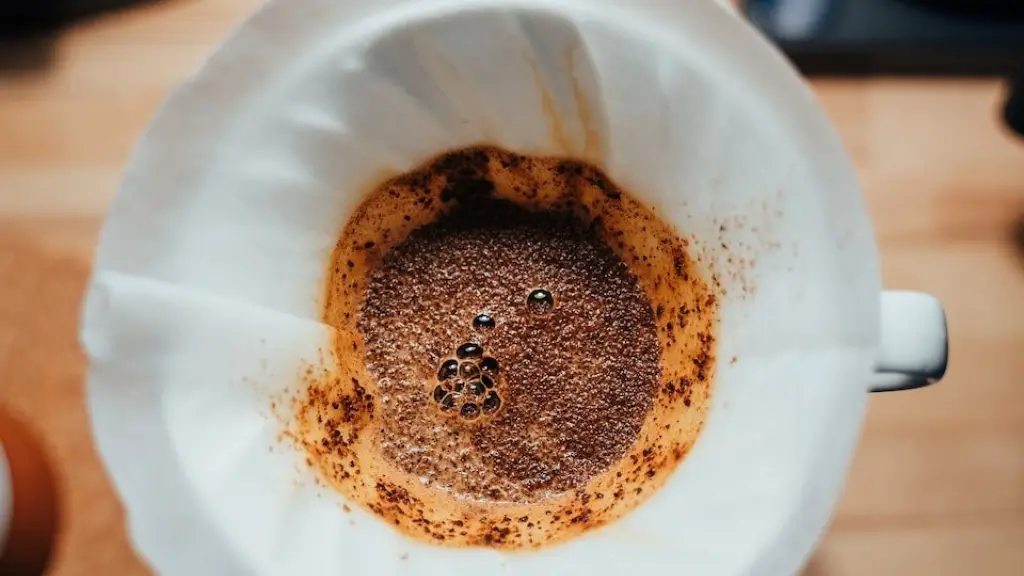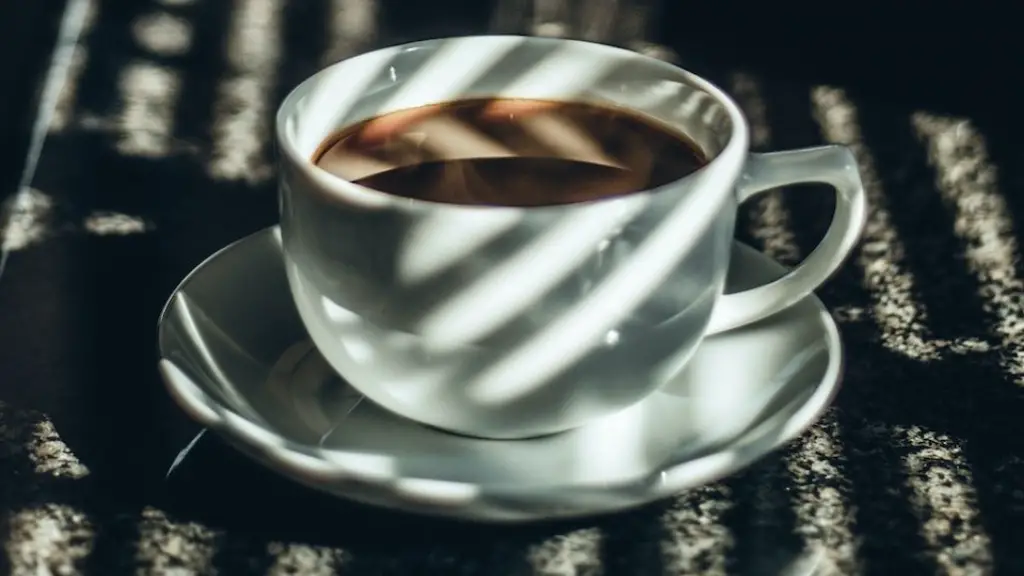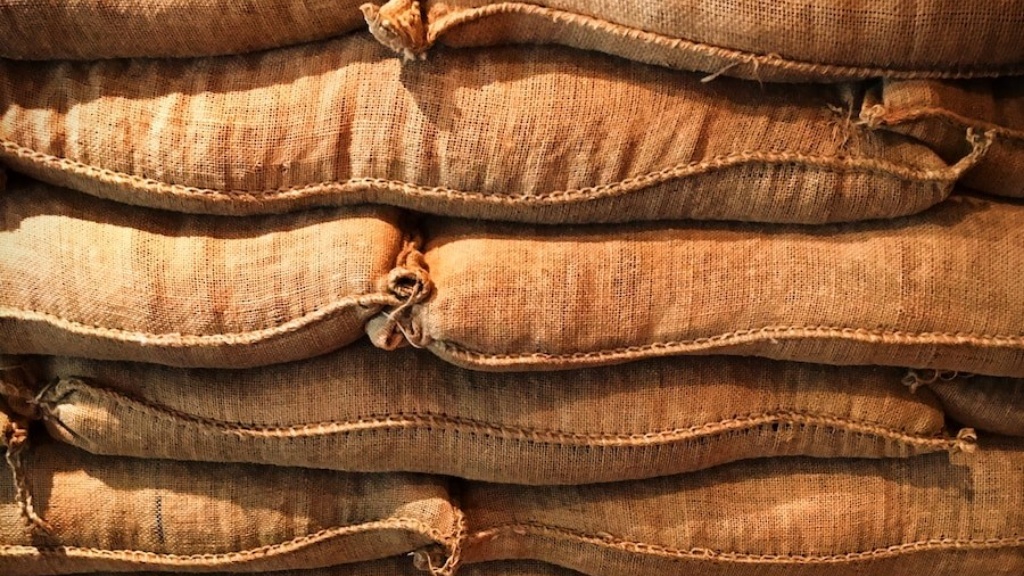Benefits Of Drinking Coffee When Fasting
While fasting for blood tests can be stressful, one of the main questions many people ask themselves is: can you drink coffee when you’re fasting for blood work? The good news is that in most cases, the answer is yes. Coffee is a popular choice for providing a quick energy boost and there are some potential health benefits associated with it.
Research has shown that consuming coffee can have a positive impact on memory, concentration, alertness and mood. Regular coffee consumption can also reduce your risk for type 2 diabetes, which can be beneficial for those who are fasting for blood work.
In addition, some studies have indicated that coffee can help lower blood pressure, reduce the risk of certain cancers, and even help with weight loss, which could be useful when you are preparing for a fasting blood draw.
Coffee also contains antioxidants, which can help reduce inflammation, protect cells from environmental damage, and may even reduce the risk of heart disease. These benefits can be beneficial for those who are fasting for their blood work.
Drawbacks Of Drinking Coffee
Despite the many potential benefits of drinking coffee while fasting, there are also some drawbacks. Coffee contains caffeine, which can increase your heart rate, cause insomnia, and increase your blood pressure. Caffeine can also affect your glucose levels, which can be a concern if you’re fasting for a glucose test.
Coffee may also interfere with certain medications, such as anti-clotting medications, antacids, antidepressants, and barbiturates. Therefore, it’s important to speak to your doctor before drinking coffee if you are taking any of these medications.
Finally, excessive coffee consumption can also lead to a number of unpleasant side effects. These include jitteriness, dizziness, headaches, nausea, and digestive issues. If you experience any of these symptoms while fasting, it’s best to limit your coffee consumption or abstain entirely.
Alternatives To Coffee
If you’re looking for an alternative to coffee while fasting, there are a few options available. For example, you could opt for tea, which contains lower levels of caffeine than coffee and provides some health benefits of its own. Green tea and herbal teas, such as peppermint or chamomile, are particularly popular choices.
You could also consider sparkling water, which can provide a refreshing energy boost without the caffeine. Many flavored sparkling waters come in a range of flavors and can provide a tasty alternative to coffee. Additionally, sparkling water can help you stay hydrated, which can be beneficial if you are fasting for a long period of time.
Finally, you could opt for fruit juice, which provides vitamins and minerals that can help keep you energized. There is typically a wide variety of fruit juices available, so you should be able to find one that meets your preference.
How Much Coffee Is Too Much?
While it is generally safe to consume coffee while fasting, it’s important to be mindful of how much you’re drinking. The American Heart Association recommends limiting your caffeine intake to no more than 400 milligrams per day, which is equivalent to four 8-ounce cups of brewed coffee.
Therefore, if you are fasting and want to drink coffee, it’s best to limit your intake to two 8-ounce cups per day. Additionally, it’s important to be mindful of how your body reacts to caffeine and to avoid consuming it late in the day, as this can interfere with your sleep.
If you are concerned about the impact of caffeine on your blood work results, it’s best to speak to your doctor or healthcare provider. They’ll be able to provide tailored advice that is specific to your individual needs.
Impact Of Coffee On Blood Work Results
There is limited research available on the effect of coffee on blood work results. While some studies have indicated that caffeine can cause an increase in blood sugar levels, others have not observed any significant changes. There is still more research needed to better understand the impact of coffee on blood work results.
Therefore, it’s best to err on the side of caution and limit your coffee intake when fasting for a blood test. This will help ensure that your results are accurate and reliable.
When To Avoid Drinking Coffee
Although drinking coffee when you’re fasting for blood work is generally safe, there are some situations where it’s best to avoid it. If you are having a glucose tolerance test, for example, you may be advised to completely abstain from caffeine. Similarly, if you are having a liver function test, your doctor may recommend that you avoid drinking coffee.
It’s also important to remember that if you are prescribed any medications, these can often interact with caffeine and cause undesirable side effects. For this reason, it’s best to speak to your doctor or pharmacist first before drinking coffee while taking medication.
General Recommendations For Drinking Coffee When Fasting
If you are fasting for blood work, it’s generally safe to drink small amounts of coffee. However, it’s always best to speak with your doctor or healthcare provider first before consuming any caffeinated beverages. Additionally, try to limit your coffee consumption to no more than two 8-ounce cups per day.
It’s also essential to stay hydrated when fasting for a long period of time. Drink plenty of water and try to avoid caffeinated beverages, such as coffee and energy drinks, as these can cause dehydration. Lastly, remember to listen to your body and stop or limit your coffee consumption if you start to feel any concerning symptoms, such as dizziness, nausea, or headaches.




